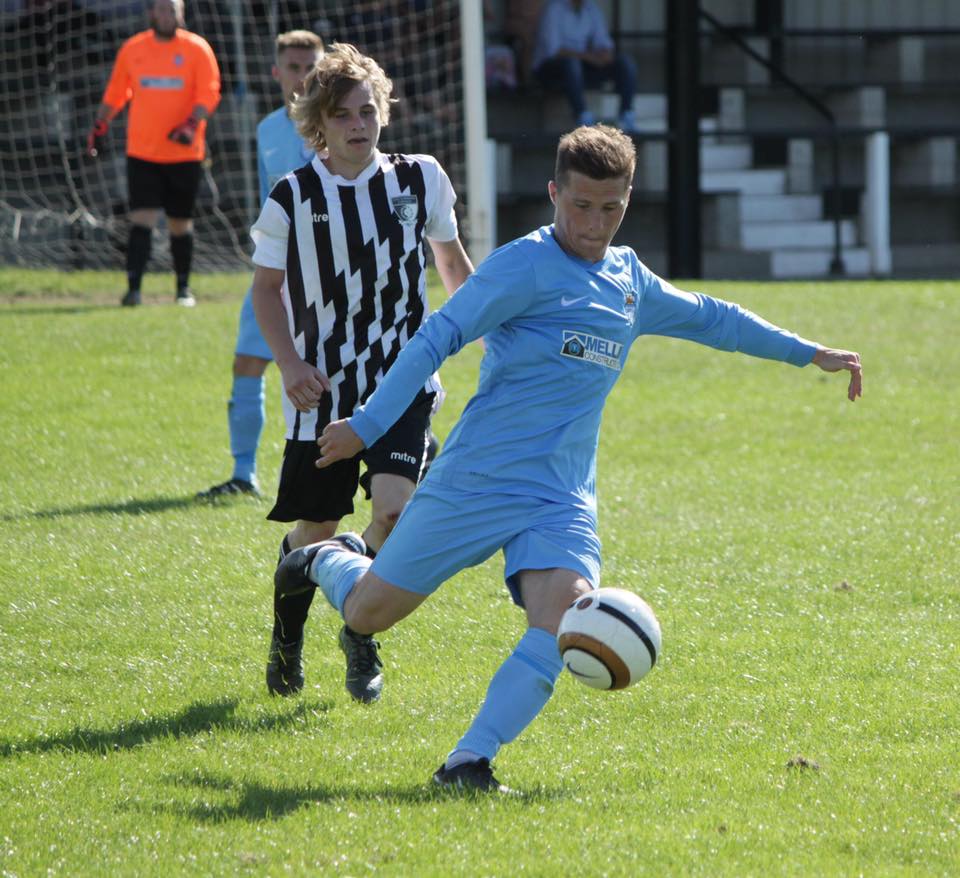Archive records show that although cricket, football and other sports were played on the Westwood at least two centuries ago, sport was not properly organized and the matches were more than likely just between local people.
This changed in the mid 1800’s with the formation of local sports clubs. In 1862 the Beverley Town Cricket Club was formed and mainly played its matches on the Westwood until a site was found in Mill Lane in the 1880’s. The site was close to the old Cottage Hospital on the corner of Morton Lane and as well as a cricket pitch the ground was also a venue for football and tennis plus a cycle and athletics t rack. Beverley Town Cricket Club moved to the ground in 1884 and they staged some very popular matches agaihst invitation Xi’s such as lord Hawke’s which attracted huge crowds.
At the turn of the century it became obvious that the ground in Mill Lane was not quite big enough for cricket and the search for a new ground began. In 1908 a former captain of the cricket club, Mr J A Dunkerley purchased five acres of ‘uncompromising’ land in Norwood. With the help of the groundsman from Hull. Cricket Club work commenced on leveling and draining the ground as well as preparing a good wicket. A large brick pavilion was built, wooden rails were placed around the cricket boundary and a bowling green was laid. The Beverley Town bowling club, having been formed at Mill Lane in 1907, opted to move to Norwood Park with the cricket club.
The new ground at Norwood Park was formally opened on 22 May 1909 by the local MP Stanley Wilson and after the formalities had concluded the opening match was played against Londesborough Park.
Up to the beginning of the first World War in 1914 the club thrived but with so many members serving in the Armed Forces sporting activities became limited. The ground was used for a number of fund raising events during the war years and a large ‘Peace Celebration’ was held in 1919 to mark the end of the hostilities.
It was agreed in 1918 that more use of the clubs facilities should be made and a suitable War memorial was made by laying out new tennis courts with an appropriate Ladies pavilion. Most sports clubs at this time were for men but our Bowls section encouraged women to take part through their Ladies Day events and in 1922 a separate Ladies Bowls section was formed.
In 1948 following the death of Mr Dunkerley negotiations to purchase the land from his estate were successfully completed by the President Aid. Charles Cherry and the Hon. Solicitor Mr Neville Hobson. To complete the transaction the club had to change its name to The Beverley Town Cricket & Recreation Club Trust Ltd.
Despite a large membership fund raising, as always, was a problem but in1958 a weekly Football Sweep was introduced which proved to be extremely popular. This financial boost enabled the club to build a new wooden and brick clubhouse in 1964. The clubs brewery, Moore & Robson Ltd provided a bar and furniture and new kitchen equipment was purchased to provide a club of which members could be proud.
The next phase of development came 10 years later, with the building of two squash courts which were opened in December 1974. Very quickly the membership was full and the club soon became a major force in the local squash leagues.
The upkeep and maintenance of the existing facilities became the focus of the early 1980’s and the new Bowls and Tennis changing rooms were a significant improvement, these being opened in 1986.
Another major development was the introduction of another sport, Rugby League, which came to the club in 1987. A considerable amount of work had to be carried out to improve the land drainage and the changing facilities. Beverley Rugby League club soon became a major force in the area and enjoyed great success. However, in 1998 the joined forces with the East Hull Club and moved away from Norwood.
The void left by the departure of the Rugby League club was filled in 2000 by the return to the club of football. The new Humber Premier league demanded a higher standard of facilities and Norwood Park was the ideal venue for the Beverley Town Football Club.
The success of any club depends on three things. Past members who have laid down the roots, current members who carry the on and junior members as they will be the backbone of the club in
years to come.



